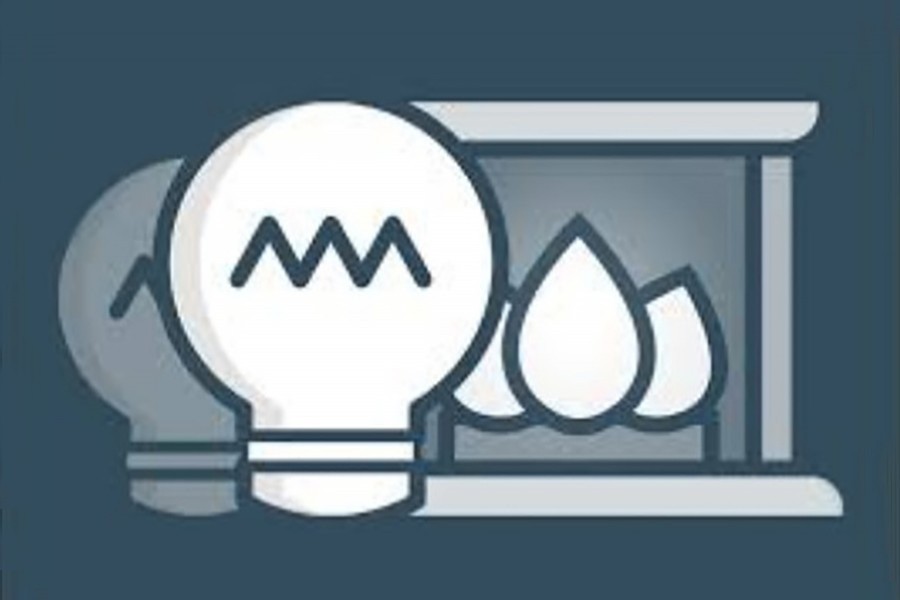Leaders of the country's textile millers have demanded an uninterrupted supply of gas even at an enhanced tariff, if necessary, as the factories were suffering from a severe shortage of fuel and the situation of the majority of the units became vulnerable.
They expressed their concern over the situation and said they have already lost work orders worth US$1.0 billion in recent months due to disruptions in production amid the gas shortage.
Speaking at a press conference at a local hotel on Saturday, the leaders of the Bangladesh Textile Mills Association (BTMA) proposed paying even a higher price for gas than that of the existing rate subject to its uninterrupted supply.
BTMA president Mohammad Ali Khokon proposed to pay TK 22.83 per cubic metre of gas from the existing Tk 16.33 per cubic metre.
"The spinning mills need to keep running and for the sake of survival of the industry and employment. We're ready to pay the enhanced rate but uninterrupted supply must be ensured," he said.
He presented a keynote paper titled 'Energy Issue Particularly Overall Scenario and Its Impact on the Textile Sector' at the press conference.
Earlier, the government had twice increased the gas prices with a promise to ensure uninterrupted supply, but the industry did not get the required supply, he alleged.
"If the government provides us gas worth $0.2 million, in return, we will be able to export products worth $48 billion," Mr Khokon noted.
The BTMA leaders said 90 per cent of the textile mills have been facing shortage of gas since March last and the situation has deteriorated further from July and production in the sector decreased to a range between 35 per cent and 40 per cent.
He said 60 per cent out of 1,700 BTMA member mills are in a vulnerable situation due to the gas crisis and added that some mills remain shut for around 12 hours a day in many areas.
The gas supply to Narayanganj, Rupganj, Araihazar, Madhabdi, Ashulia, Savar, Gazipur, Sreepur, Bhaluka, Chattogram and Cumilla areas is so poor that the mills can use a maximum of 40 per cent of their capacities.
Many small and medium mills in the areas like Sirajganj, Pabna, Araihazar, Rupganj, Palash, Kalibari and Madhabdi are on the verge of shutdown because of the poor supply of gas.
Fresh investment worth $3.0 billion is expected to be made in the industry by 2025, but the uncertainty in gas supply might reverse the situation.
The BTMA president said the banking sector would be affected if the production in the $16.0 billion primary textile sector is affected as the banks are involved in around 70 per cent of investment in the sector.
The sector's captive power generators pay some Tk 5.0 billion to the government exchequer as revenue which will also be affected due to inadequate gas supply to the textile mills, he added.
The mills having captive power generation facilities annually use 169.1 billion cubic feet of gas to produce 1,700 MW power.
The foreign exchange retention of around US$21 billion by the sector is also under threat due to the gas crisis, he said, adding that employment of 1.0 million of people is also under threat.
The BTMA recommended that the textile sector must be given priority and supply uninterrupted gas with reasonable prices as this sector is the second highest export retainer.
The BTMA spinners supply up to 90 per cent raw materials to the export-oriented knitwear sector and 40 per cent to the export-oriented woven sector.
In response to a question, the BTMA president, however, said that they would not import LNG though the existing policy allows the private sector to do the same.


